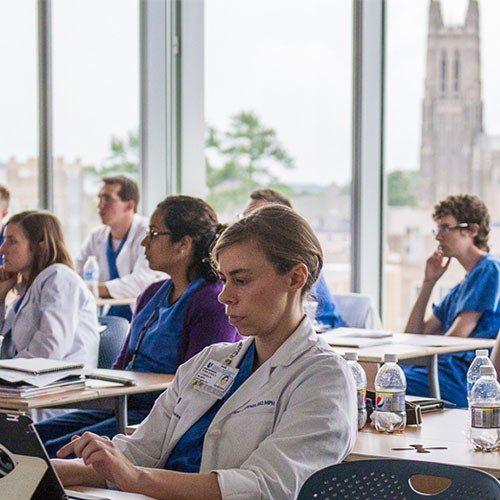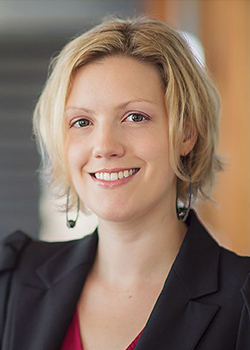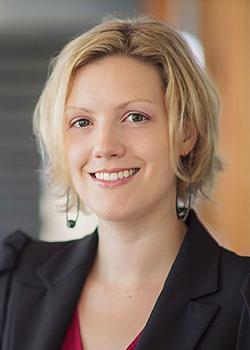How Does the Duke Anesthesiology Residency Program Prepare Their Residents for Oral Exams?

Q: How does the Duke Anesthesiology Residency Program prepare their residents for oral exams?
A: I'll never forget the feeling as I stepped into the elevator after finishing my oral exam. That spring, the exams were held in Boston at the Westin Hotel in Copley Plaza. The elevator was packed full of candidates in black suits, having completed the session, now heading back to our respective hotel rooms before packing up and heading home. There was tense silence, broken finally when one guy joked, "Well, see you guys next year..." followed by nods and nervous laughter from the other candidates.

But more than anything else, I felt relief. For although I could not be sure in that moment that I had passed, I knew that the Duke Anesthesiology Residency Program had prepared me well. The oral exams, the final step towards certification as a diplomat by the American Board of Anesthesiology (ABA), is done after successfully passing all steps of the written exam and is certainly the most anxiety-provoking of the tests. Currently, the exams are all held in Raleigh, in standardized exam rooms at the ABA headquarters. The written exams test your factual knowledge, but the oral exam aims to test more elusive qualities: the ability of a candidate to adapt to changing circumstances, their judgment, ability to analyze data, and to communicate effectively. We learn these skills throughout our training, but to be able to effectively demonstrate them requires practice.
Thankfully, I had been through multiple practice oral exams as a resident. We hold these sessions twice a year, in the spring and the fall, and aim to mimic the real exams as much as possible. Each resident is examined by two members of the faculty, just like in the real exam. With several actual ABA oral board examiners on faculty, we've been able to use their knowledge to create a realistic exam to help prepare our residents.
Starting in 2018, in addition to the current oral exams, candidates will also take a second in-person exam on the same day, the OSCE (Objective Structured Clinical Exam), which will use standardized patients and scenarios to test skills such as communication, professionalism and interpretation of monitors. And with faculty, including myself, involved in these exams as well, I'm confident that we will again be able to successfully prepare our residents, so when that day comes for each of our trainees, confidence can be the overwhelming feeling.
